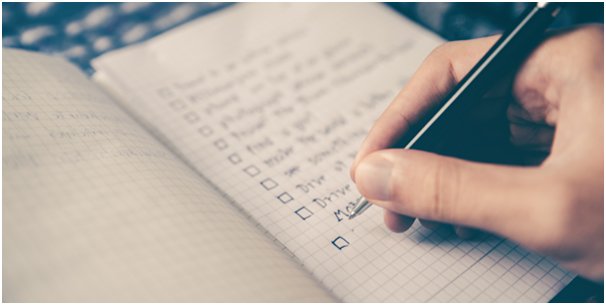
Dementia affects nearly every single aspect of a person’s life. It physically alters your brain, and totally changes the way you think about things, and how you perceive the environment around you.
For this reason, living with dementia can make even the simplest daily activities become quite difficult. But it’s important to remember that is nobody’s fault.
Get a FREE Brochure
Simply complete our form to see a full range of bathing solutions & their key features. It takes no time at all!
Daily activities are anything that needs to be achieved on a daily basis. They are sometimes called ADLs (Activities of Daily Living), and can include bathing, dressing, grooming, and eating.
How does dementia affect daily activities?
Certain tasks can be really affected by dementia, because dementia impacts the way you think.
For example, the ability to do executive functioning is impacted by dementia. Because of this, it can be difficult to do things that require multiple steps, such as washing hair or getting dressed. Planning, organising and sequencing multiple-step activities become increasingly more difficult as dementia progresses.
Dementia also affects memory, but in multiple different ways. Sometimes, this can manifest as a person forgetting if they’ve done a task or not. But sometimes, it can manifest as the same person forgetting how to do the task at all.
The ability to make judgements can also be impacted by dementia, thus having effects on daily activities. This can often result in being underprepared for certain events, such as wearing shorts and flip flops during winter.
Focusing on some tasks may become difficult for people with dementia. This can be compounded by pain, tiredness, or noise. Keep environments relatively noise free and stay on top of sleep and pain medications.

Top tips for daily activities when you have dementia:
- Follow a routine – routines give the day a clear structure, which can help those with dementia understand what they need to do, and what comes next.
- Keep things in the same, obvious place – things that you need to regularly use every day, such as your keys, wallet, and glasses, in an obvious place. We’d suggest somewhere like a big bowl in the hall or kitchen.
- Use a pillbox – pillboxes can be incredibly useful to help organise medication, as well as remember whether you have taken today’s or not.
- Switch to direct debit – change all your bills to direct debit, so that if you forget to pay them, you won’t be in any danger.
- Keep a diary – a diary or large wall planner can really help you keep track of what you need to do on particular days.
- Undertake one activity at a time – go slowly with activities, and only do one thing at a time to help keep focus.
If you need more support or advice, speak to your GP or medical practitioner.
As dementia can make simple daily tasks far more difficult for its sufferers, being able to bathe in comfort is vital for easing the many stresses caused by it. If you would like to drastically increase the accessibility and safety of your bathroom, then have a look at the wide range of easy-access baths, showers, and wet rooms available here at Bathing Solutions.






